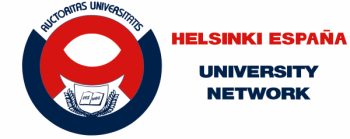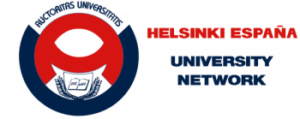
The students of the international REACT course visit the Faro de l’Albir and the Villa Romana Museum
L’Alfas of the Pi is based, for 15 days, a new edition of REACT, one training program five weeks on peace processes and conflict prevention, organized by the Association Helsinki Spain, who attended a fortnight people from Cameroon, Colombia, Spain, Mexico, Nigeria, Argentina, Afghanistan, Togo and Ethiopia. An activity that takes place in the municipality thanks to the collaboration of the Councils for Cooperation and Volunteering, Residents and Equality.
The course, which will run until June 26 at the Platja Albir de l’Alfàs del Pi Social Center, uses a variety of methodologies, including presentations and talks, debates, group work, practical sessions and advanced role-sharing. , outdoor activities and simulation exercises. The agenda includes training in human rights, peace building, accompaniment to war victims, gender equality, migratory emergency, education and mediation policies, among others.
The faculty is made up of trainers and experts from international organizations (United Nations, European Union, OSCE and NATO), diplomats and other officials, military personnel, police, experts from the International Committee of the Red Cross and other humanitarian NGOs, independent consultants and professors of college.
During their stay in l’Alfàs, the students of the REACT course have been able to enjoy two cultural visits to the Faro de l’Albir and the Villa Romana Open Air Museum, in order to get to know two emblematic places of the municipality. Activities organized by the Town Hall of l’Alfàs del Pi.

REACT was created in 2003 with the aim of preparing professionals with diverse career paths interested in joining the Rapid Expert Assistance and Co-operation Teams (REACT) of the Organization for Security and Cooperation in Europe (OSCE). Throughout its 24 editions, more than 500 people have been trained.
Through this program, professionals from different fields interested in improving their knowledge in conflict prevention, crisis and post-conflict management, rehabilitation and development are trained, as well as their practical skills for field work in international peace operations.




